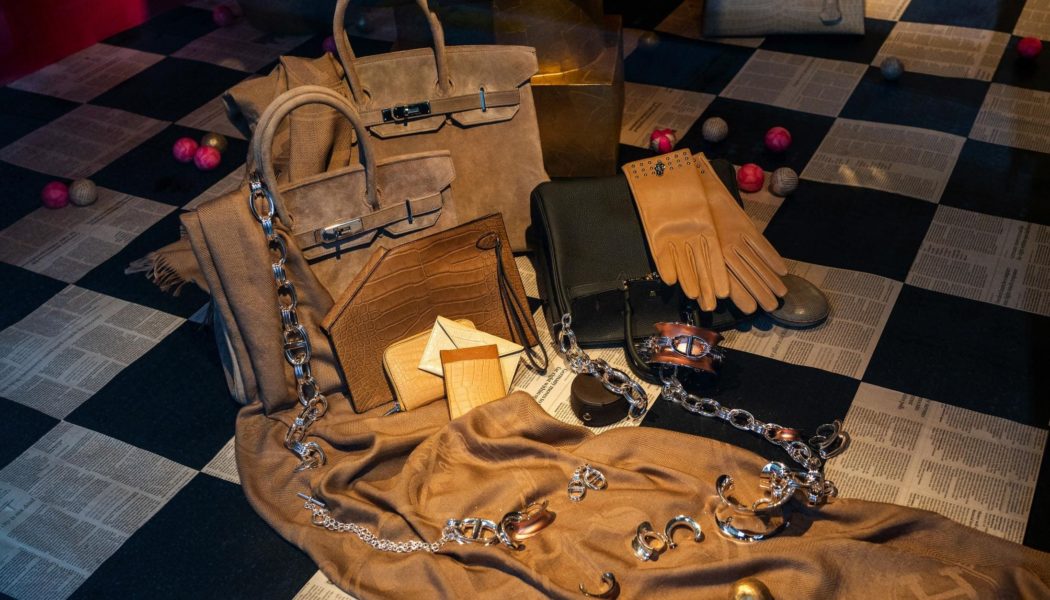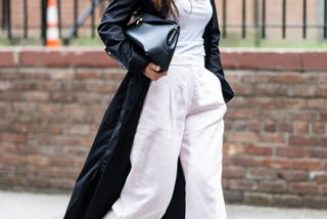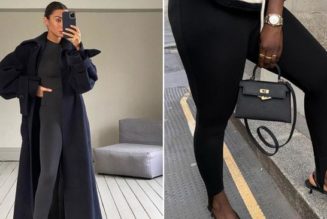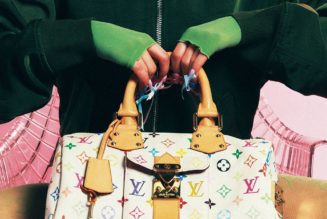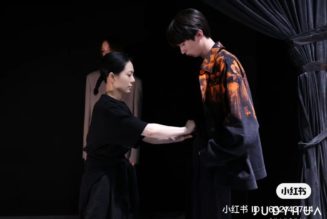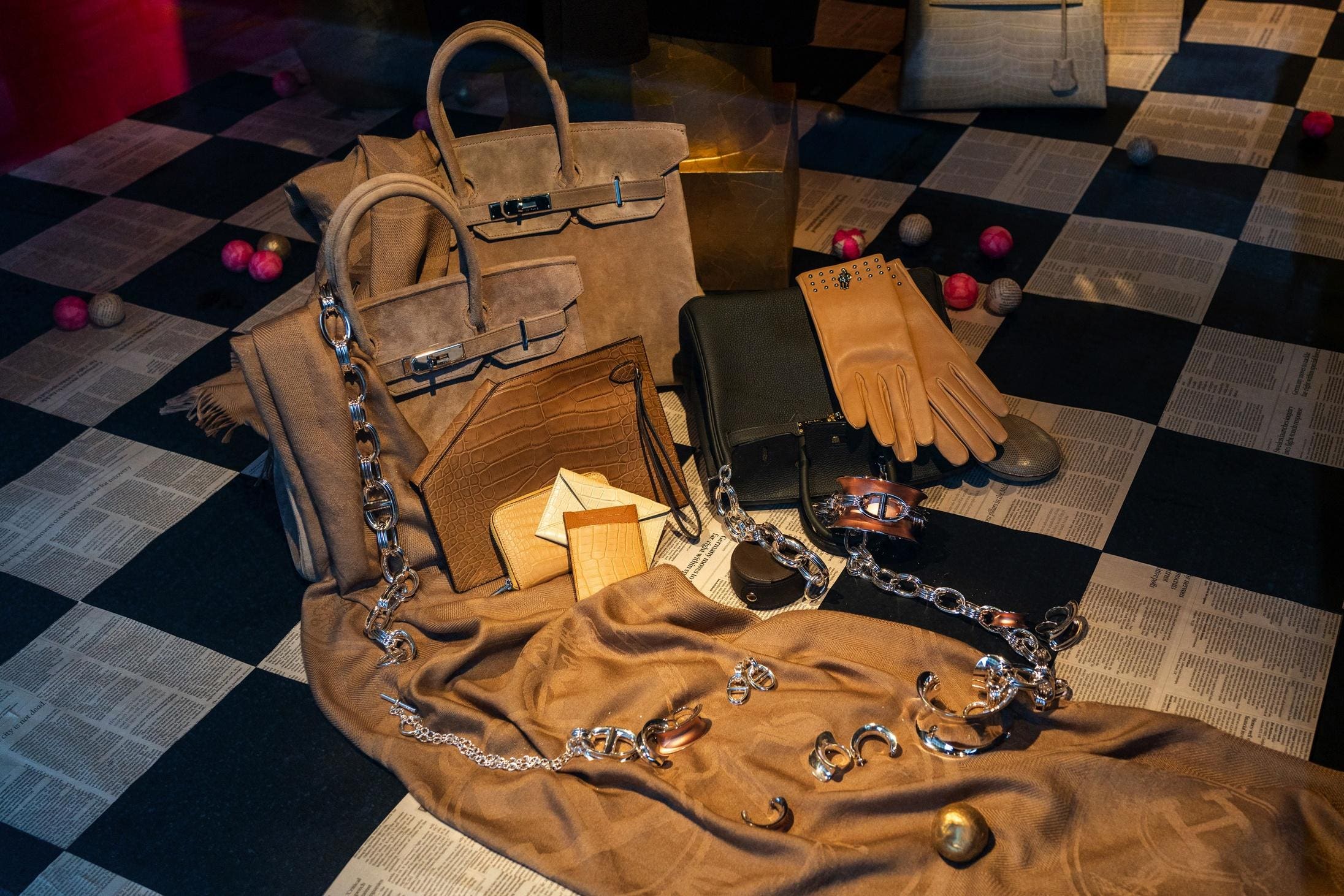
Luxury leader Hermès has been hit with a class-action lawsuit claiming the company is engaged in the “unlawful practice of tying,” requiring customers to purchase ancillary Hermès products, such as shoes, scarves, and jewelry, before being given the opportunity to purchase a Birkin or Kelly bag.
Claiming the company violates antitrust laws and is engaged in unfair, anticompetitive business practices, the two plaintiffs leading the suit filed in a California court invite other frustrated consumers to join their cause so they will have the right to purchase these highly-coveted and super-expensive handbags in the open market.
To date, Hermès has not commented on this lawsuit, but it told the Business of Fashion last year that it “strictly prohibits any sale of certain products as a condition to the purchase of others.”
Nonetheless, it’s hired a powerhouse antitrust legal team at Latham & Watkins to take up the case. Haffner Law and Setareh Law Group represent the plaintiffs, both firms specializing in personal injury law.
On its face, the suit seems like a pesky grievance complaint that should be easily batted down, but it threatens to reveal trade secrets that Hermès would rather keep hidden, an anticompetitive move on the face of it.
It also raises questions about who holds the power in the luxury market: the companies that produce the goods, the customers who purchase them, or the sales staff who hold the keys to the exclusionary Hermès kingdom and who may be discriminating for whom they open the door.
Virtually every luxury brand is in the crosshairs. “This highly public case presents unique and challenging legal issues,” reported an alert from law firm Holland & Knight.
“The case stands to impact other luxury brands’ sales and marketing strategies, particularly given the prevailing legal landscape, which appears to prioritize antitrust scrutiny,” it continued.
Behind The Curtain
Already, the filing has exposed how Hermès operates to build desire for its most desired products in the luxury market, yielding it “incredible market power” by driving the prices up for its goods and generating outsized profits for the company, it claims.
The suit challenges the company practice of restricting sale of the Birkin bag to its stores and even then, no Birkins are on display, but hidden in a personal shopper viewing room.
“Typically, only those consumers who are deemed worthy of purchasing a Birkin handbag will be shown a Birkin handbag (in a private room). The chosen consumer will be given the opportunity to purchase the specific Birkin handbag which they are shown,” the filing states.
It continues: “Consumers cannot order a Birking [sic] handbag at the retail location. For all practical purposes, there is no way to order a bag in the style, size, color, leather, and hardware that a consumer wants.” Of note: I noticed several typos in the legal filing, careless errors that convey a message about the plaintiffs’ legal representatives.
With sales associates acting as gatekeepers, the suit claims they are directed to only offer Birkin bags to customers with an established history of past purchases or who met a threshold of ancillary product purchases.
Pay To Play
The filing also reveals how sales associates are paid. They get an hourly salary plus a sliding-scale commission based on the products sold.
Sales of ancillary products, such as shoes, scarves, ties, belts, jewelry and home goods, earn a 3% commission and non-Birkin handbag sales give them a 1.5% commission.
No commissions are earned for Birkin bag sales where the really big money could be had. Depending on materials and workmanship, Birkins sell for between $12,000 and $100,000 or more.
“Although Hermès Sales Associates receive no commission on the most valuable and sought-after products sold by their employer, they are instructed by Defendants to use Birkin handbags as a way to coerce consumers to purchase ancillary products sold by Defendants (for which the sales associates receive a 3% commission) in order to build-up the purchase history required to be offered a Birkin handbag,” the filing alleges.
Whether Hermès actually has formally codified such tying behavior is yet to be determined, though anecdotal evidence suggests it has not. People are getting them from Hermès, otherwise, there wouldn’t be so many of them available in the secondary market where prices may be higher than the original price.
But it is easy to see how sales associates may be going rogue to get customers to buy stuff they get a commission for and using that as an inducement to get the Birkin bag the customer really wants.
“Maybe it will come out, but it doesn’t seem like there is a practice of having to buy Good A to purchase Good B, which could be found illegal,” shared Fashion Institute of Technology law professor and attorney Michelle Mandelstein.
“There’s the implication that something could be uncovered in the discovery process, but I know enough people who have Kelly or Birkin bags that didn’t have a problem,” she noted.
Losing The Allure
Mandelstein believes the plaintiffs’ antitrust claims don’t hold water. “I certainly don’t think it’s an antitrust violation or anticompetitive. There’s no monopoly here that I can see, but that’s besides the point,” she said.
The point being the potential impact the suit, if it is carried forward to a jury trial as requested, will bring unwanted attention to Hermès and standard business practices that keeps the luxury market humming.
“The luxury world is worried no matter what. If the court has Hermès open its closet and air everything out, even it the court finds nothing illegal, it may find some bad practices,” she believes.
“Everybody finds out the secrets. Consumers could get mad and they are going to demand transparency, but the lack of transparency is what people are buying in the luxury market, the mystery and the allure,” she continued.
Tying May Occasionally Happen
A recent survey among high-net-worth luxury shoppers conducted by the Affluent Consumer Research Company, with which I am affiliated, found that tying behavior is not a widespread problem in the luxury industry, though it happens on occasion.
“About 10-15% reported being pressured to make other purchases, but only 5-10% report being denied the option to purchase something, so there’s is no statistical evidence of widespread tying practices,” ACRC lead researcher Chandler Mount said.
However, the survey also revealed salespeople have a tendency to turn off after spending time with customers, perhaps seeing no reward coming from their efforts.
“Some 65%-75% of luxury customers are not surprised by the salesperson’s knowledge, but 30-40% believe they stop listening during their interactions. This is a widespread problem that the industry needs to address.”
